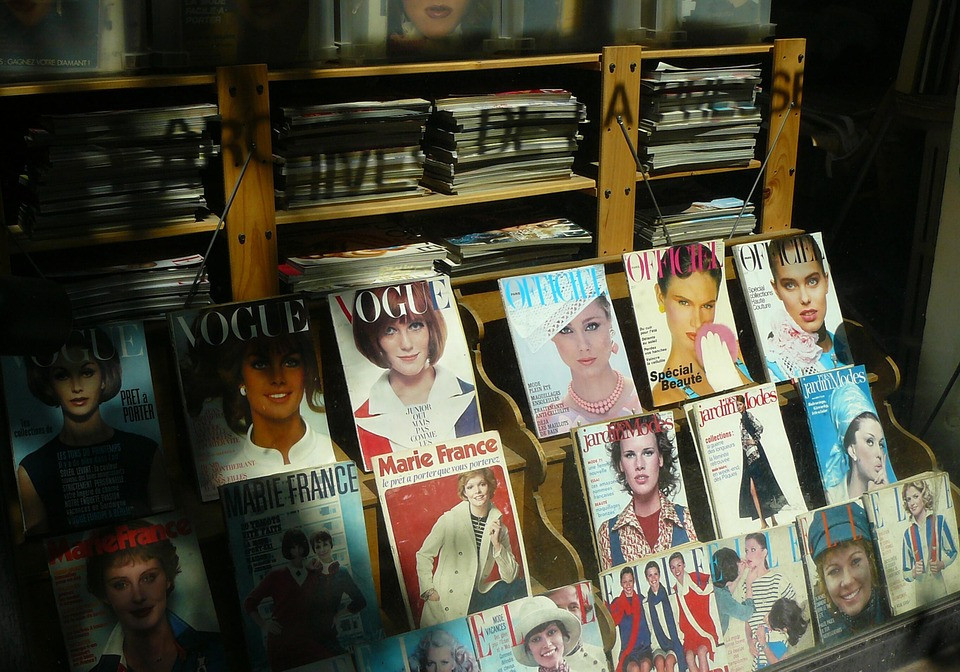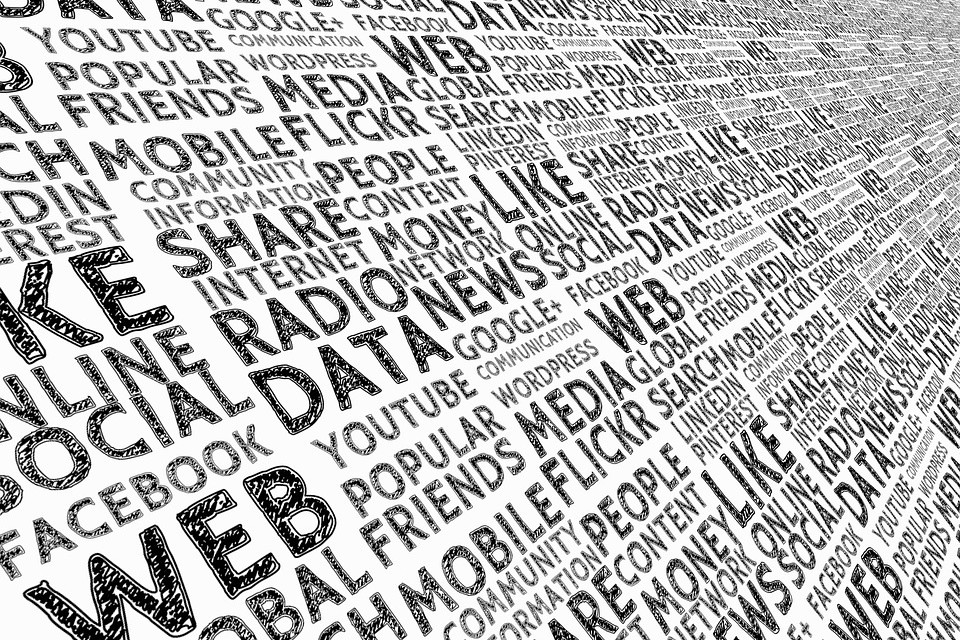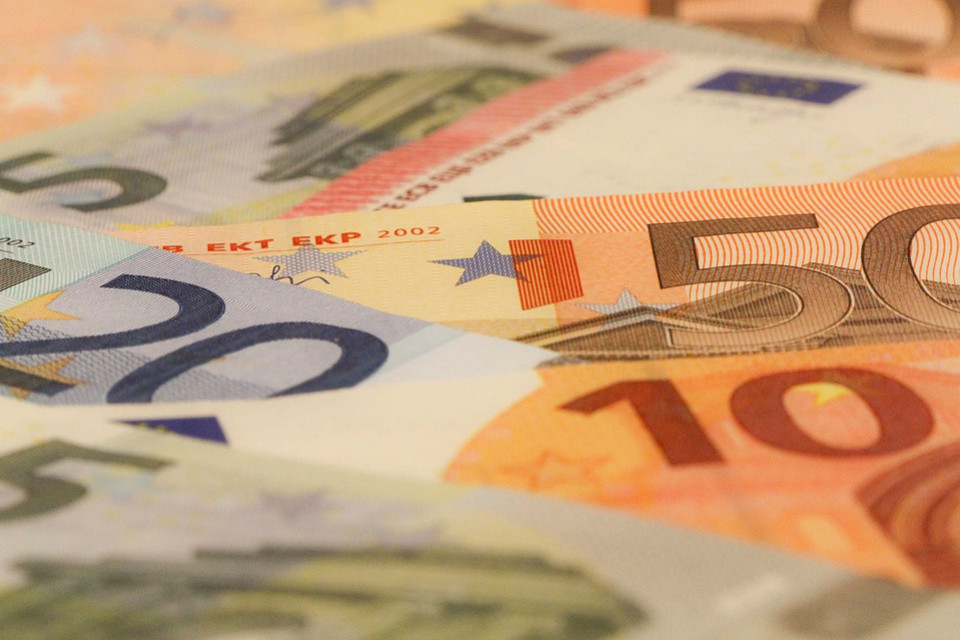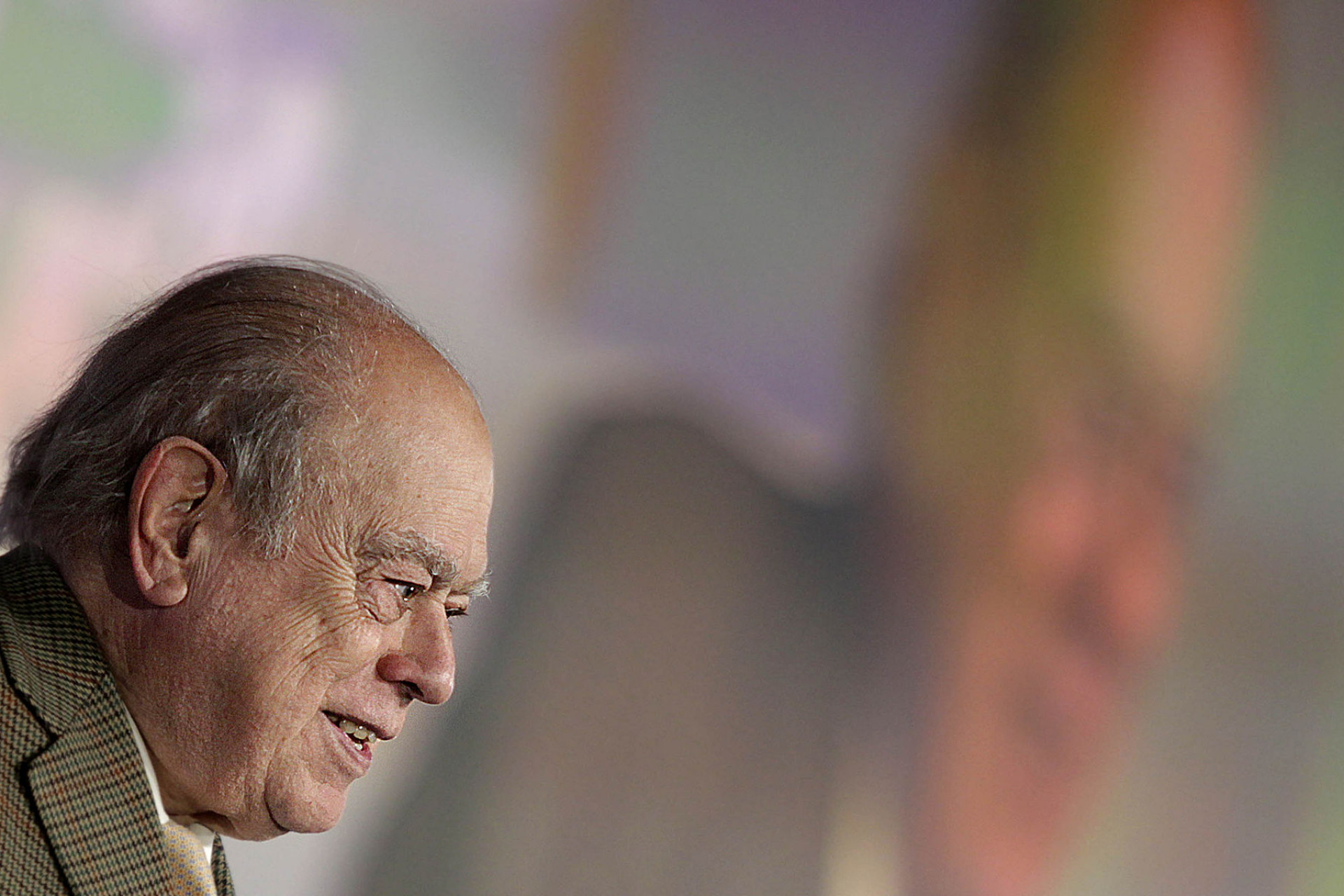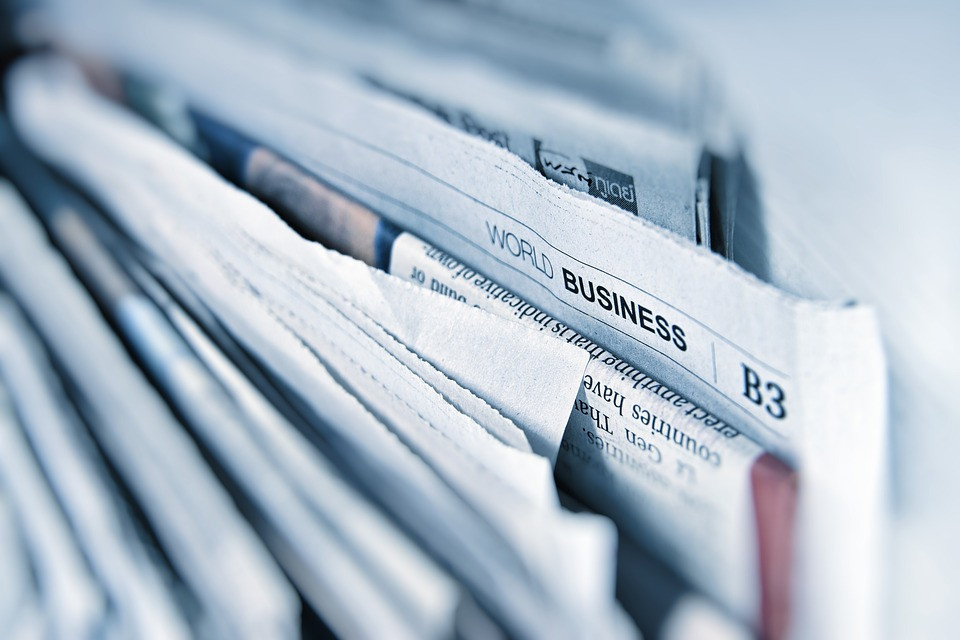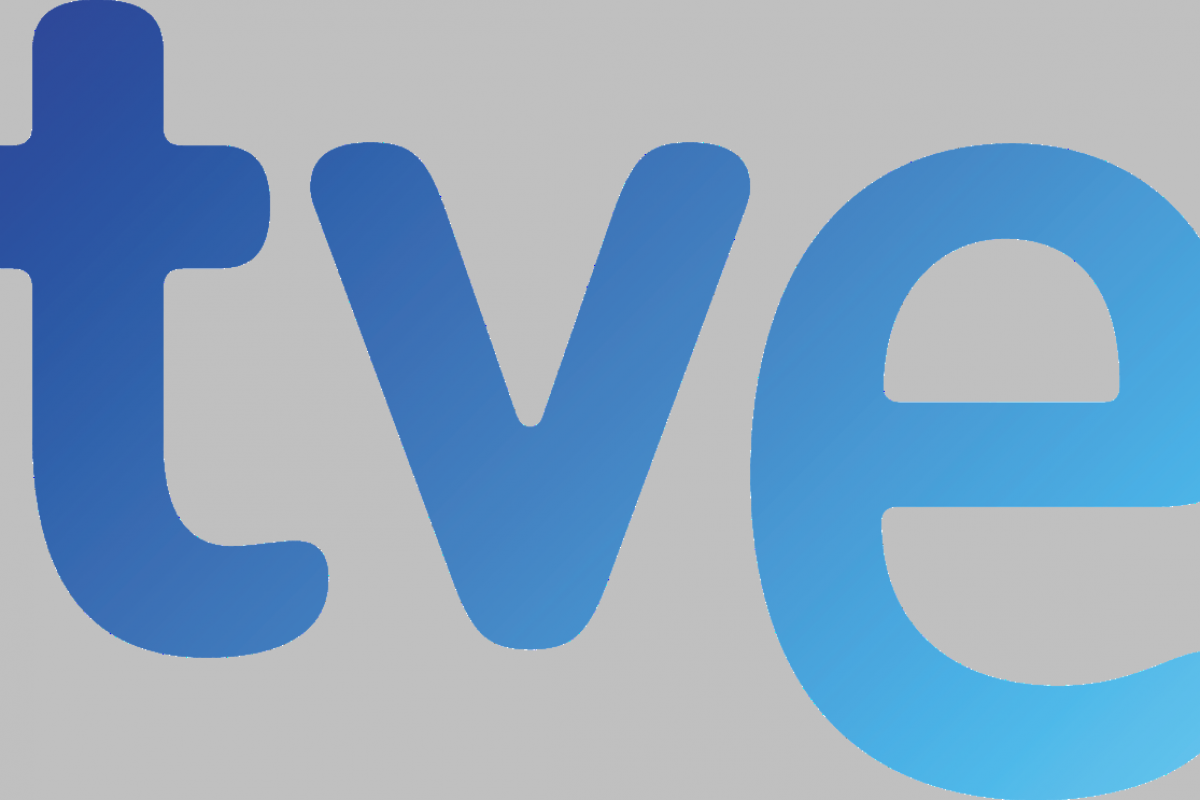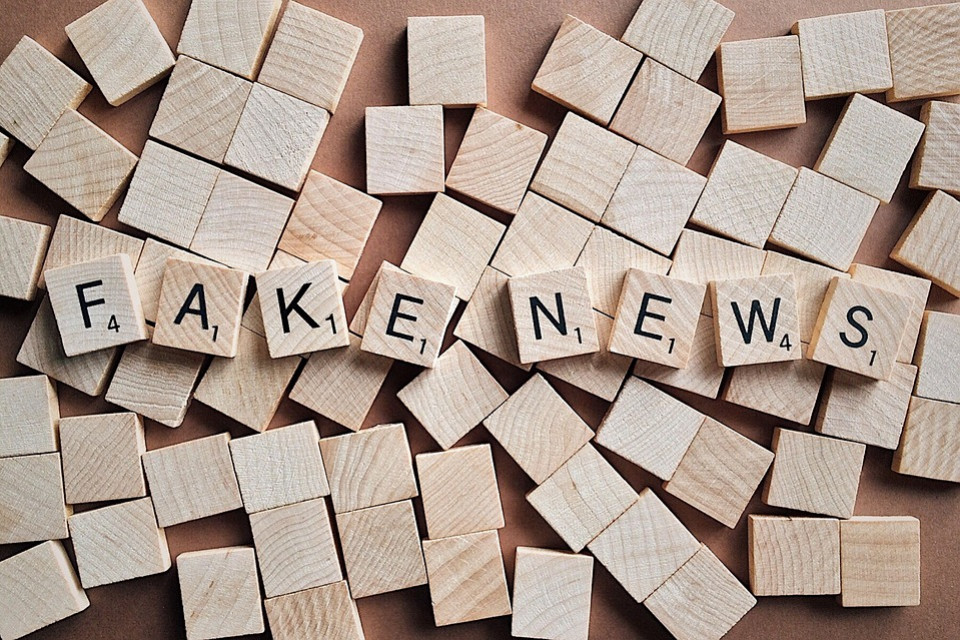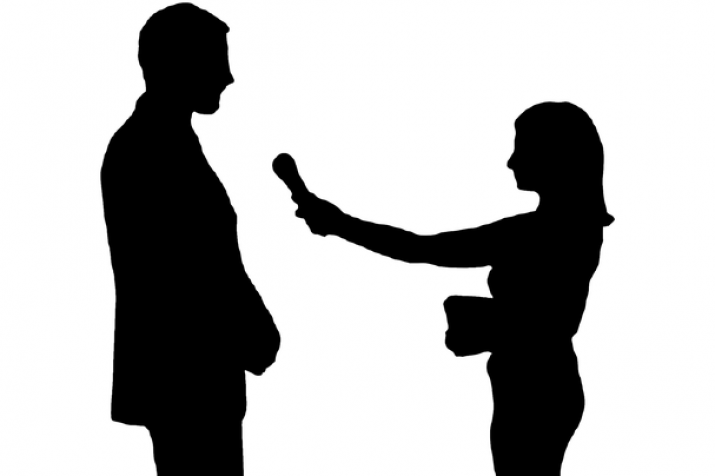The article of the Declaration of the Rights of Man, of 1948, declares: "Every individual has the right to freedom of opinion and expression, which implies the right not to be disturbed by their opinions and to seek, receive and disseminate, without regard to borders, information and ideas by any means of expression."
For their part, Victor Hugo said: "The principle of freedom of the press is no less essential or less sacred than the principle of universal suffrage. They are two sides of the same coin. These two principles go together and complement each other. Freedom of the press together with universal suffrage illuminates the government of all. To attack one is to attack the other."
A totalitarian regime is recognized by the media being controlled by political power. The social and popular revolts like that of Oaxaca, in Mexico in 2006, systematically go through the taking of control of an audiovisual medium. This illustrates to what extent the control of information is fundamental to establish power, a fortiori against the will of, or without the knowledge of the people, or to fight against an eventual attempt at disinformation. Do we not say that the first loser of a war is the truth? The media are essential for democracy, even more so than the other powers. They are also the social barometer, and the leaders of the great media are among the people with the most power.
WHO OWNS THE MEDIA?
There are many, many media. Networks of television channels, specialized publications on all topics, radio stations... without forgetting the labyrinth of the Internet. The natural reflection might be to imagine that, behind this multitude of brands and networks, there existed a desirable diversity and plurality. However, appearances are deceptive. Paradoxically, behind this plethoric number, there are few people, and becoming less and less.
Arnaud Lagardère, close friend of former French President Nicolas Sarkozy, described by him as "my brother", owns the publishers: Hachette, Fayard, Grasset, Hatier, Hazan, Le Masque, Marabout, Pluriel, Stock, Le Livre de Poche, Larousse, Armand Colin, Dalloz et Dunod; the Relay and Virgin magazines; the press leaders Paris-Match, Elle magazine, the Journal du Dimanche, La Provence, Nice-Matin; the radio stations Europe1, Europe 2, RFM; Channel J, MCM, Mezzo, Tiji, Match TV, Channel Satellite, Planète, Planète Future, Planète Thalassa, Jimmy Channel, Season, Ciné Cinéma, Allo Ciné Info and Euro Channel, among others. Also, a group belonging to the Aeronautics Industry, and a substantial public works contractor. Turnover: around 10,000 million Euros.
Martin Bouygues (Sarkozy's close friend and godfather to one of his sons) and his family own TV networks TF1, LCI, Odyssée, Eurosport, Histoire, UshuaïaTV, S Star, Cinétoile, Cinéstar, Télétoon, Infosport, Série Club, TF6, TV Breizh; the film producers Téléma, Film Par Film, TF1 Film Production, the distributors TFM, TF1 Vidéo, the magazines TfouMag, Star Academy, and Métro, distributed free. He controls a construction and public works group, a substantial public works contractor. Turnover, more than 40,000 million Euros.
Serge Dassault, close to Sarkozy, and his family own Le Figaro, L'Express, Figaro Magazine and Valeurs Actuelles. Senator, aviator and arms merchant, and a substantial public works contractor. Number of business of the group, around 30,000 million Euros.
Among these three people is the leading publisher in France, the second bookstore, the leading newspaper and the leading television network, perhaps in Europe. In France, most of the media is in the hands of five financial empires: Bouygues, Dassault, Lagardère, Bertelsmann (groupe RTL, M6) and Vivendi-Universal (channel +, SFR).
Rarely is so much power been concentrated in so few economic agents. Because the bias of capitalism is that, after going through the competition phase, then comes the moment of monopoly, of whoever won the battle over the competition, and redeems its former adversaries. If not winning, it allies itself with them, seeking at the same time to prohibit potential competitors accessing the market.
It is the paradox of a model that, without a firewall, tends towards supremacy and abuse, given that the plural equilibrium of the starting point has been broken. Since the 90s, this capitalist control of the media has escalated, in a dynamic of concentration.
What is left then? Public services. Their market share is lower. From a deontological point of view, this sector strives to maintain neutrality. The commercial methods used by its competitors mentioned above have been prohibited, or at most exercised moderately, not enough to overcome its audience gap.
OPINION POLLS
If, by definition, the media is the area of communication and dissemination of information, without any doubt, opinion polls have become another means. Why are opinion polls so significant? Because they have become quite powerful assistants of politician. And let's be clear, behind the convolutions of beneficial and unifying discourse, the political backdrop is much clearer and more aggressive. If you are part of the minority that do not agree with our decision, we have the evidence to support it, which you cannot verify.
WHO OWNS THE OPINION POLLS?
CSA is owned by Vincent Bolloré, mentioned above.
IFOP is directed by Laurence Parisot, who is also president of Medef, an organization which Sarkosy's brother was vice-president of.
IPSOS is managed by Nicolas Bazire, personal adviser to Nicolás Sarkozy and witness at his last marriage.
Opinionway was founded by Hugues de Cazenave, also close to Sarkosy.
There is also SOFRES, who is a shareholder is the American investment fund Fidelity; LH2 (ex-Louis Harris) that was sold by TNS to two of its leaders, and BVA that has as a shareholder the Rothschild investment funds.
Without prejudging a systematic political orientation, it is easy to imagine, although we are dealing with quite a restricted group, that the most sensitive will be treated in the same way... or not at all.
Regarding the questions that elicit a particular answer, they are so obvious that certain polls are simply shameful. Moreover, journalists will not say anything about the owners of the opinion polls or their activities. This lack of professionalism amounts to spreading misinformation.
Free information is consubstantial (and inseparable) from democracy. It is incredible that such a powerful force, that is to say the media, is legally permitted to have such consanguinity with economic and political powers. A democracy that allows this to happen does not work properly in the constitutional sense of government for all.
CONCENTRATION OF ALL AUTHORITY IN SINGLE HANDS
None of the financial entities that own Media dedicate themselves uniquely to this activity. And, with the exception of Bertelsmann, journalism is not these companies' primary objective. These are groups that have the distinction of having the State as a client: construction, public works and armament. To put it undiplomatically, they owe their power and riches to the requisitions made by politicians with public money. Something that poses serious political problems.
The groups that control television have the ability to use the power that this powerful tool provides them for the benefit of their other activities. Something that is not done openly. But, for example, the activities in Africa of the large French groups, such as Bolloré, will not be reported.
Increasingly, there is a dependence on political power vis-a-vis media power. If the group needs the State, it has all the means to provide it with all possible support. In return, they will receive orders which are very large at these levels.
Why do these companies, epitomes of capitalism, at this point invest in the chronically unprofitable press sector?
In fact, this sector is currently financed by the State (and therefore of course, by the general public) via a grant of 600 million Euros spread over three years. Is it therefore mainly just a gift for those who deserve it? A seduction-pumping operation, that Sarkosy know only too well? If there are opposition media, such as Nouvel Obseervateur or Liberation, the government of the day can already domesticate them with these grants. Who would not be seduced and, consequently... influenced in their output? The public authorities have understood the importance of this fourth power and continue to expand its almost hegemonic influence. A hegemony or consanguinity that tries to make believe in its own existence whatever the occasion.
HOW THE MEDIA SERVE POLITICS
The principle is not to let people think about things, to distance themselves from the things that concern them. We are in the middle of applying what Paul Valéry said: "Politics is the art of preventing people from mixing with what interests them". Hence the tacky information, emptied of its substance, the smokescreen of mundane news, opinion saturated with the media background noise of minor issues. Not to mention raising the spectre of fear with common law cases, which seem to have come from the gutter press: Look out! Danger! Paedophiles are everywhere, right next door. What is pursued is the consensus of the economic system in force: globalised liberalism. Multinationals, which have real power, control the means they operate to create the "necessary illusions", prior to this consent. In the end, the work of the media is to limit the scope of political reflection.
The most serious thing is not this, logically, that the major media are increasingly actors in the show, but that, as fundamental political tools, they are renouncing their function of creating a public space for discussion and reflection, so that they have no more than a propaganda function.
CONCLUSION
It is true that there are people who question the information they receive, who know what to expect, who are not passive consumers of pret-a-penser directed at them. However, there are few of these people compared to the major proportion of everyone that could care less about these issues.
The question of the media is quite a serious question, which concerns all those who refuse to let the markets think for them. We do not fall silent when facing up to the "silent majority", deafened by tele-realities, we can spot that it quite often is "entertaining lies". Information is a common good. To be able to communicate freely is a right. Multimedia groups bury this right. In France today, we can say that political pluralism in the media is seriously threatened, that electoral issues are partisan and possibly even worse, personal reflection that allows citizen participation.



